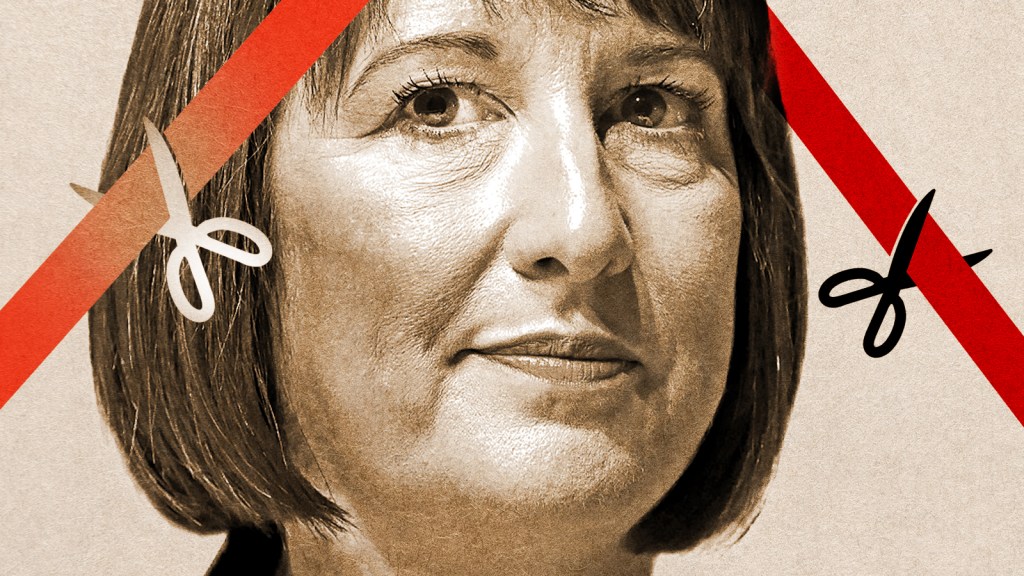UK Entrepreneurs Face Growing Fears About Starting Businesses, Says Think Tank
Recent studies indicate that British citizens are increasingly hesitant to launch their own enterprises, reflecting a decline in entrepreneurial enthusiasm across the country.
The Onward think tank points out that the UK has become “unusually risk-averse” and is calling on Rachel Reeves to address the high costs and bureaucratic challenges that stifle potential entrepreneurs.
As Chancellor, Reeves has committed to establishing the “most pro-growth Treasury in history,” aligning with Sir Keir Starmer’s emphasis on prioritizing economic issues within the Labour party. However, the data reveals that the UK is lagging behind other nations in terms of entrepreneurial engagement.
According to surveys conducted by the London Business School, 53% of working-age adults reported that fear of failure deterred them from starting a business. This figure has risen from 44% in 2019 and 35% in 2016.
In contrast, Germany reports a lower fear of failure rate at 39%, which, while an increase from earlier pandemic figures, is still down from 41% in 2016.
Comparative data from the United States and the Netherlands shows fear of failure at 45% and 40%, respectively, with the increase in the UK being notably swift.
Negative Perception
The findings from Onward highlight that British entrepreneurs have become increasingly risk-averse over time.
“Only five UK universities appear in the global top 100 for producing successful entrepreneurs, whereas California alone has ten. In the UK, the fear of failure is 20% higher than the global average and that of the US, primarily fueled by financial concerns but also by worries regarding reputational harm. Among emerging businesses, the greatest concern tied to fear of failure relates to its impact on future career opportunities,” the report states.
Polling by JL Partners for the report identified economic conditions, job security concerns, and the risk of financial loss as key considerations for aspiring entrepreneurs.
Onward’s research also cites official data revealing a decrease of 425,000 businesses in the UK since 2020, resulting in a total of 5.6 million businesses, effectively reversing a decade of growth.
A similar decline is noted among self-employed individuals, which dropped by 734,000 since the onset of COVID-19 to just over four million. This reduction was mostly evidenced among sole traders, particularly affecting managers and professionals, which saw a 31% drop in self-employment.
Tom Blomfield, co-founder of Monzo bank, remarked: “There’s a prevailing sense of pessimism in the UK that leads many to believe they’re destined for failure before even starting. This mentality discourages individuals from pursuing their creative ideas and leads our brightest young talents to seek positions in prominent corporations rather than venturing into entrepreneurship.”

Onward has suggested several reforms, including new VAT thresholds and adjustments to IR35 self-employment regulations to facilitate improved access to loans for small businesses.
Shivani Menon, deputy head of research at Onward, commented: “It’s essential not only to encourage more people to become entrepreneurs but also to foster a new generation of growth-driven businesses. Many British entrepreneurs face obstacles even in basic tasks like hiring their first employee or securing funds for a physical shop. Addressing the long-standing issue of low productivity will require a diverse array of businesses to expand.”
Kevin Hollinrake, the shadow business secretary, emphasized, “We must take every possible step to simplify the process for businesses to start and grow. The accessibility of finance is paramount for businesses eager to scale up, and it should be our main focus alongside reducing bureaucratic barriers and enhancing investment incentives.”
A spokesperson for the government stated: “The past few years have posed remarkable challenges, which is why we are supporting small businesses through a variety of governmental initiatives. We have already initiated measures to combat late payments and are working towards establishing a fairer business rates system.”




Post Comment